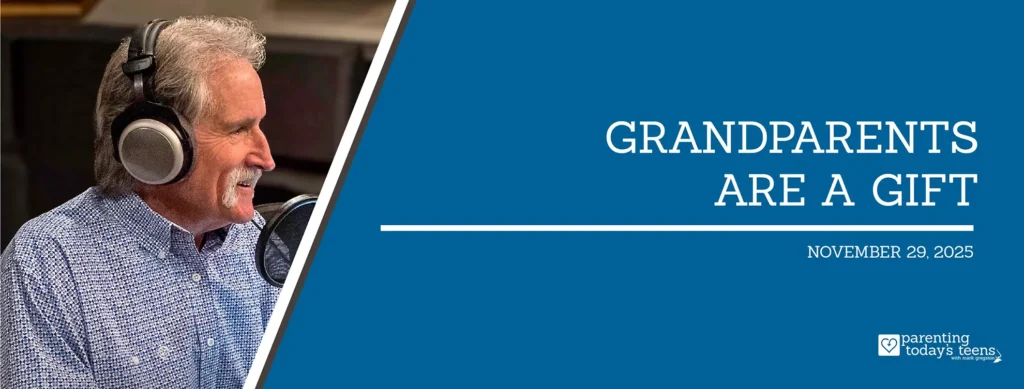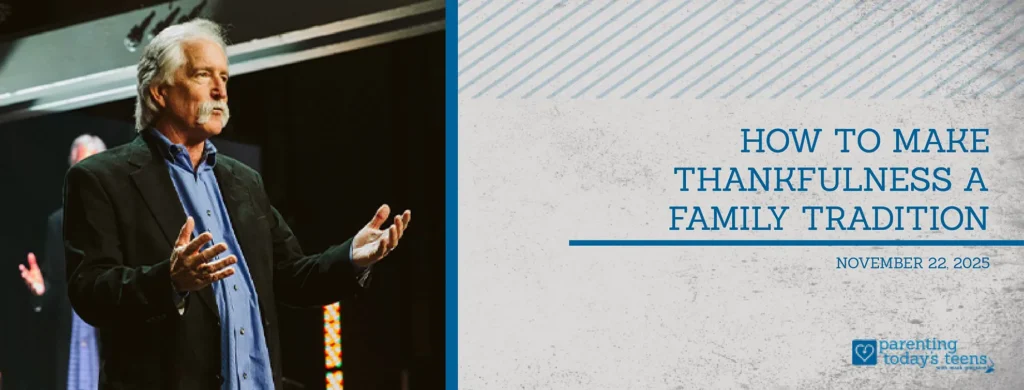Not long ago, I found myself in the hospital, overwhelmed by pain. As I laid there waiting for the next dose of medication, I realized something uncomfortable—I wasn’t so different from the teens I know who turn to drugs. I craved the next pill, not only for physical relief, but because it eased my anxiety. The truth is, I didn’t just appreciate the relief—I loved it. It helped me escape the discomfort, fear, and emotional pain I didn’t want to face.
I’m not suggesting that recreational drug use is ever okay. But my experience helped me see that teens who turn to drugs aren’t just “acting out”—they’re often trying to manage something deeper. They’re in pain too. In this article, I want to help parents understand the “why” behind teen drug use—not to excuse it, but to better equip you to respond with both truth and compassion. When we understand what’s driving our teen’s behavior, we’re better positioned to help them move toward hope, healing, and healthier choices.
The Reasons for Teen Drug Use
The key to understanding your teen’s attraction to drugs is uncovering the why behind their choices. All behavior—especially in teens—is goal-driven. Until you identify what’s driving your teen to use drugs, it will be difficult to help them move toward healing and healthier coping mechanisms.
Sometimes, the reason may be as simple as curiosity. But more often than not, there’s something deeper going on beneath the surface. So ask yourself: What pain is my teen experiencing? What stress, fear, or pressure are they trying to escape? Drug use is often a symptom—not the root issue. In the next section, we’ll explore five common reasons teens turn to drugs and what might be motivating them to seek relief this way.
1. Curiosity and the Lie of “Just This Once”
For many teens, drug use begins with simple curiosity. They tell themselves, “I’ll try it just this once,” or “I’m not the kind of person who gets addicted.” But what starts as casual experimentation—often under peer pressure—can quickly spiral into a habit. “Just this once” turns into “just one more time,” and before they realize it, they’re relying on drugs just to get through the day. What felt like a small risk at the start can become a life-altering struggle.
2. Looking for an Escape
Today’s teens are growing up in a world that’s more connected—and more overwhelming—than ever before. They’re bombarded with constant noise: social media, cultural pressures, political tensions, and a steady stream of information that never stops. Even though they’re always “online,” many teens feel more isolated and misunderstood than ever. For some, drugs offer what feels like a break from it all—a temporary escape from anxiety, stress, or emotional exhaustion. It may feel like a vacation from the noise of life, but the relief is short-lived and often comes with lasting consequences.
3. The Deep Desire to Belong
I’ve never met a teen who didn’t want to fit in. The longing to belong—to feel accepted, included, and valued—is one of the strongest forces in a teenager’s life. During these formative years, identity is shaped in part by relationships and social circles. So, when a peer group that uses drugs offers your teen a seat at the table, the pull can be incredibly strong. For many teens, the risk of saying no feels greater than the risk of trying drugs—because no teen wants to be the outsider. Belonging feels worth the compromise, even when the cost is high.
4. Chasing a Sense of “Normal”
For teens who have been using drugs regularly, the high eventually becomes their baseline. What may have started as an escape or coping mechanism can quickly feel like a necessity just to function. A teen who turns to marijuana to fall asleep or calm their anxious mind may find they can’t sleep—or feel at peace—without it.
Over time, drugs become the only way they know how to feel “normal.” And when they try to stop, withdrawal symptoms and emotional discomfort make it feel like they’ve lost control of themselves. Even if your teen wants to quit, the fear of feeling worse—or not feeling like themselves at all—can keep them stuck.
5. Numbing Emotional Pain
At the root of most teen drug use is a desire to feel better—plain and simple. Just like I craved medication in the hospital to relieve my pain, teens often reach for drugs to quiet the emotional pain they don’t know how to handle. For a teen struggling with anxiety, depression, trauma, or overwhelming stress, drugs can feel like a lifeline—like a weight lifted off their chest.
They may not have the tools to process their emotions, but the drugs make those heavy feelings disappear… at least for a little while. That sense of relief can be incredibly addicting. And over time, it becomes their default way of coping with pain they don’t yet have the words—or support—to unpack.
5 Ways Parents Can Help
When a teen is using drugs, it can leave parents feeling heartbroken, overwhelmed, and unsure of what to do next. Many parents ask, “Why is this happening?” or “Where did I go wrong?” But the truth is, even the best parents can find themselves in this situation—and you are not alone.
The good news is, there is hope. Most teens can’t break free from drug use on their own. They need support, structure, and someone to help them find their way back. As a parent, you play a crucial role in that process. Here are five practical ways you can support your teen and begin moving them toward healing:
1. Identify the Source of Your Teen’s Pain
Behind every behavior is a story—and behind your teen’s drug use is often a wound that needs healing. As a parent, one of the most important things you can do is dig beneath the surface to understand why your teen is turning to drugs. What pain are they trying to numb? What fear, pressure, or hurt are they carrying?
This kind of heart work isn’t easy—it takes time, patience, and a willingness to sit with your teen in uncomfortable places. But without uncovering the real source of their pain, lasting healing will always be out of reach.
2. Create a Safe and Understanding Environment
It’s challenging to have open conversations with a teen who’s making choices that go against family values. To begin these important talks, your teen needs to feel safe and understood—not judged or criticized.
Make your home a place where your teen knows they are seen, loved, and accepted, no matter what. Foster regular, honest conversations where you listen deeply without interrupting or reacting harshly. Avoid judgmental comments that might cause your teen to shut down. Instead, show curiosity by asking gentle follow-up questions like, “Tell me more about that,” or “What was going on for you when that happened?” Building this kind of trust opens the door to real dialogue and healing.
3. Show Unconditional Love—No Matter What
Nothing is more powerful than your teen knowing they are loved unconditionally. Make it clear: there’s nothing they can do to make you love them more—and nothing they can do to make you love them less. Your love isn’t tied to their behavior; it’s steadfast and constant.
That doesn’t mean you approve of their choices or actions. You can hold firm boundaries and express your concerns while still loving them fully. Your unwavering love is often the key that opens the door to healing, trust, and change.
4. Be Honest and Let Your Teen Know You’re Trying to Help
Honesty is crucial—even when the conversation is tough. Don’t shy away from addressing your teen’s drug use head-on. Let them know you see what’s happening and that your goal is to help—not to punish, but to protect and guide.
Have a straightforward, loving conversation about the potential consequences if they continue down this path. Then, work together to set clear boundaries and consistent consequences that encourage healthier choices. Your honest care combined with clear expectations can help your teen find their way back.
5. Seek Professional Help When Needed
Sometimes, even with the best intentions and efforts, a teen’s drug use requires support beyond what parents alone can provide. Getting professional help is not a sign of failure—for you or your teen—but a courageous and important step toward healing and recovery.
If your teen is struggling with drug use, don’t wait to reach out to counselors, therapists, or treatment programs experienced in working with teens. Early intervention can make a powerful difference in your teen’s future.
Conclusion
All behavior is goal-oriented, and your teen is using drugs for a reason. Often, they believe they’ve found a “way out” — a solution to their pain or struggles. They might tell themselves that their situation is unique, justifying their drug use. But as 1 Corinthians 10:13 reminds us, “No test or temptation that comes your way is beyond what others have faced.”
This is where parents play a vital role. Very few teens can overcome drug use on their own. Sometimes, the “monkey on their back” feels heavier than they can carry, and they need help to put it down. You can be the steady presence of grace and understanding that helps your teen confront this challenge.
Offer your support, seek help when needed, and stand by your teen—even when setbacks happen. Above all, keep your relationship strong and choose to be an encourager, not a discourager. God can use your love and persistence to help your teen break free from the grip of drugs and move toward hope and healing.






